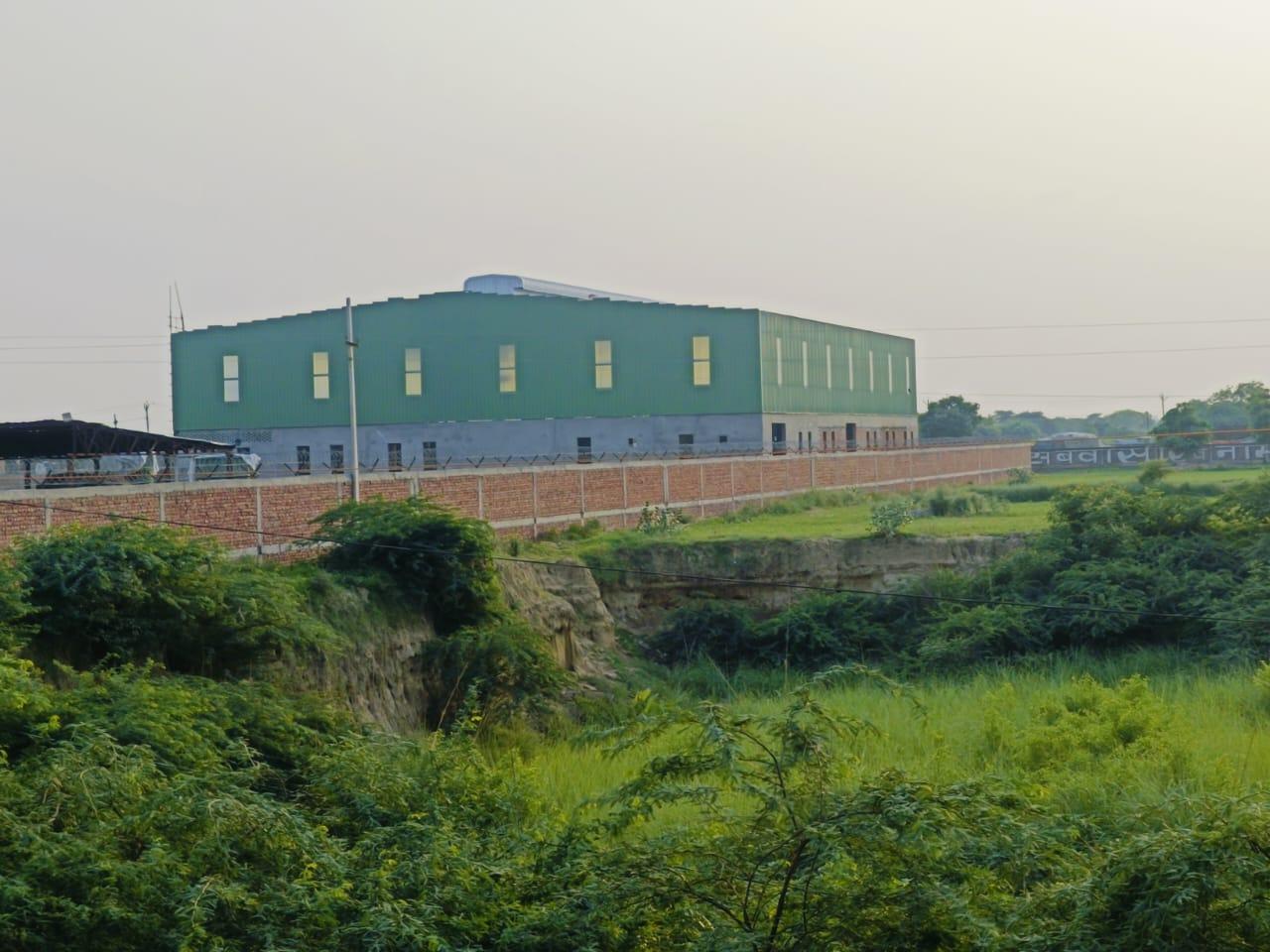A labor block is a temporary on-site accommodation facility designed to provide essential amenities for workers during construction projects. These blocks are typically equipped with sleeping quarters, restrooms, dining areas, and other basic facilities to ensure that workers have a comfortable and safe environment while working on remote or large-scale projects.
Key Features
- Temporary Accommodation: Provides a secure and comfortable space for workers to rest during their shifts.
- Basic Amenities: Includes essential facilities like beds, toilets, showers, and a canteen for meals.
- Durable Construction: Built to withstand harsh environmental conditions, ensuring long-term use on construction sites.
- Modular Design: Can be customized and expanded depending on the size of the workforce and project requirements.
- Safety and Hygiene: Designed with proper ventilation and hygiene systems to ensure a safe living environment.
Applications
- Construction Sites: Used to house workers in remote areas or large projects with long durations.
- Mining and Oil Fields: Accommodates workers in locations where permanent housing is unavailable.
- Infrastructure Projects: For workers involved in building roads, bridges, and other critical infrastructure.
- Disaster Relief: Can be quickly deployed to house relief workers in disaster-stricken areas.
Types of Labor Blocks
- Single Cabin Units: Small, compact units ideal for individual workers.
- Multi-Cabin Blocks: Larger blocks with several rooms to accommodate multiple workers.
- Mobile Labor Blocks: Prefabricated units that can be easily moved and relocated as required.
- Modular Labor Blocks: Customizable units that can be configured to meet specific needs in terms of space, comfort, and facilities.
Labor blocks play a vital role in ensuring worker welfare, productivity, and safety during large-scale projects and construction activities.
